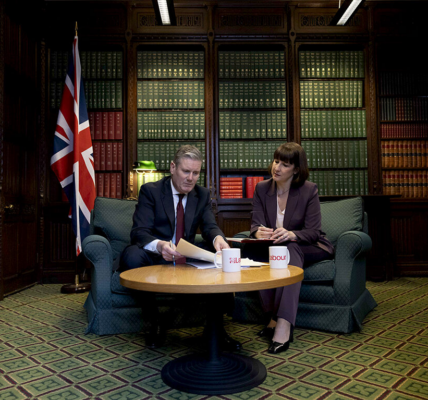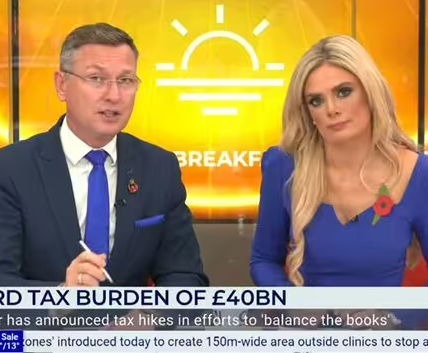John O’Connell of the Taxpayers’ Alliance said it was “particularly shocking” that politicians including the PM were immune or shielded from such tax rises.

Prime Minister Sir Keir Starmer (Image: Getty)
Prime Minister Sir Keir Starmer has has slapped households with a £1.8 billion council tax hike – while benefiting from some of the country’s lowest council tax rates.
The Government on Wednesday announced councils will be permitted to raise council tax by up to 5% in 2025-26, adding an average of £110 a year to a typical bill.
However, both the Prime Minister and Chancellor Rachel Reeves face a smaller increase in monetary terms because Westminster enjoys below-average council tax rates.
A typical Band D homeowner forks out £2,171, according to government figures. By contrast, the council tax charge for 10 Downing Street is estimated at £1,946, with the same amount for 11 Downing Street, Ms Reeves official residence. This despite the fact that both properties are in Band H – the highest tax band.
Consequently, Sir Keir and Ms Reeves pay hundreds of pounds less annually than typical property owners in high council tax areas such as Rutland, Nottingham, and Dorset, where Band D households pay over £2,500 a year.

Chancellor Rachel Reeves (Image: Getty)
A 5% boost for these homeowners would add £125 to their bills, while the Prime Minister’s council tax bill for 10 Downing Street would increase by £97.
Properties are assigned to one of eight tax bands, determining the level of council tax charged, but councils apply different rates for each band.
In some areas, Band H properties face much higher council tax bills – for instance, in Easington Colliery, a village in Durham, where residents pay more than £5,000 a year, double the amount of their Westminster counterparts.
If the council raises rates by the full 5%, such households would see a rise of around £250.

10 Downing Street – where Larry the cat lives – is in Band H (Image: Getty)
The Government has decided to maintain the 5% cap to raise an additional £1.8 billion for the Treasury.
Councils are allowed to increase their rates by up to 5% each year, with any higher increases requiring either government approval or a local referendum.
John O’Connell from the lobby group the TaxPayers’ Alliance told the Daily Telegraph: “The confirmation of a referendum cap on council tax increases will bring only temporary respite for taxpayers, given the grim reality that inflation-busting hikes are on the way regardless.
“But what is particularly shocking is the extent to which many politicians are themselves immune or shielded from these tax rises, including the Prime Minister himself.”
Due to significant financial pressures, many councils are expected to raise bills by the full 5%. In a recent survey by the Local Government Association, one in four authorities said they face potential bankruptcy within two years without emergency government funding. Critics claim the Prime Minister’s relatively low bill highlights the “regressive” nature of a system which is based on 1991 property valuations.
Band H covers properties valued at over £320,000 in 1991, while Band D covers properties valued between £68,001 and £88,000 at that time.

Easington in Country Durham (Image: Getty)
Andrew Dixon of Fairer Share said: “With living costs rising across the board, the idea that council tax hikes are on the horizon is both unsettling and unfair – especially when you consider the stark inequalities in how council tax burdens are distributed across the country. It is unacceptable that households in places like Hartlepool are bearing a disproportionately higher share of the council tax burden than those in Westminster.
“In areas with lower property values and lower average incomes, residents find themselves paying higher council tax bills relative to their income and property worth. This is a systemic inequity that reflects the outdated and regressive nature of our current council tax system.”
The Ministerial Code dictates that ministers living in official residences must “ensure they meet all personal tax liabilities, including council tax, if the residence is deemed to be their main residence.”



